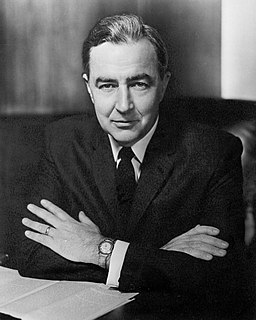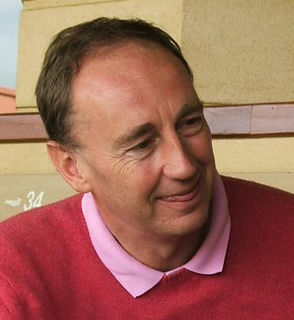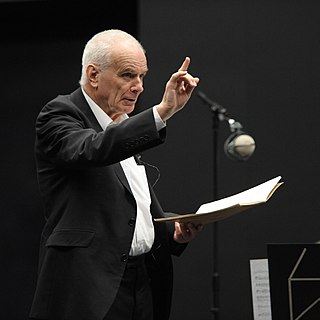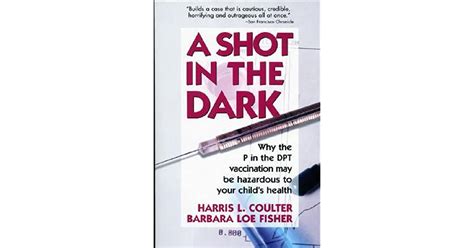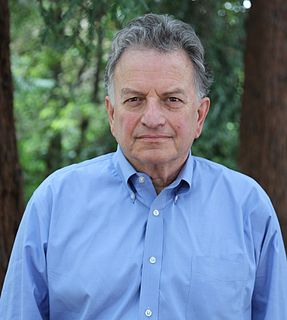A Quote by David Gerrold
When television began, it modeled itself after radio. Many early television programs were radio programs first. 'My Favorite Wife,' 'The Jack Benny Show,' 'Burns and Allen,' 'Alfred Hitchcock Presents.'
Related Quotes
There is danger in the concentration of control in the television and radio networks, especially in the large television and radio stations; danger in the concentration of ownership in the press...and danger in the increasing concentration of selection by book publishers and reviewers and by the producers of radio and television programs.
I have quite a bit of experience reporting on corporate behavior, both doing it with independent operations in early in my career, in the underground press, to magazines like 'Rolling Stone,' to regional newspapers and television, and television news programs, to papers like the 'New York Times' and public television.
I did television for a very long time, but if you're on television, words don't count. What the eye sees beats the words. If you switch sides, from radio to television, you learn that the wordiness that you learn on the radio is useless or not nearly as powerful, and you have to learn to trust that the eye will just beat the ear.

